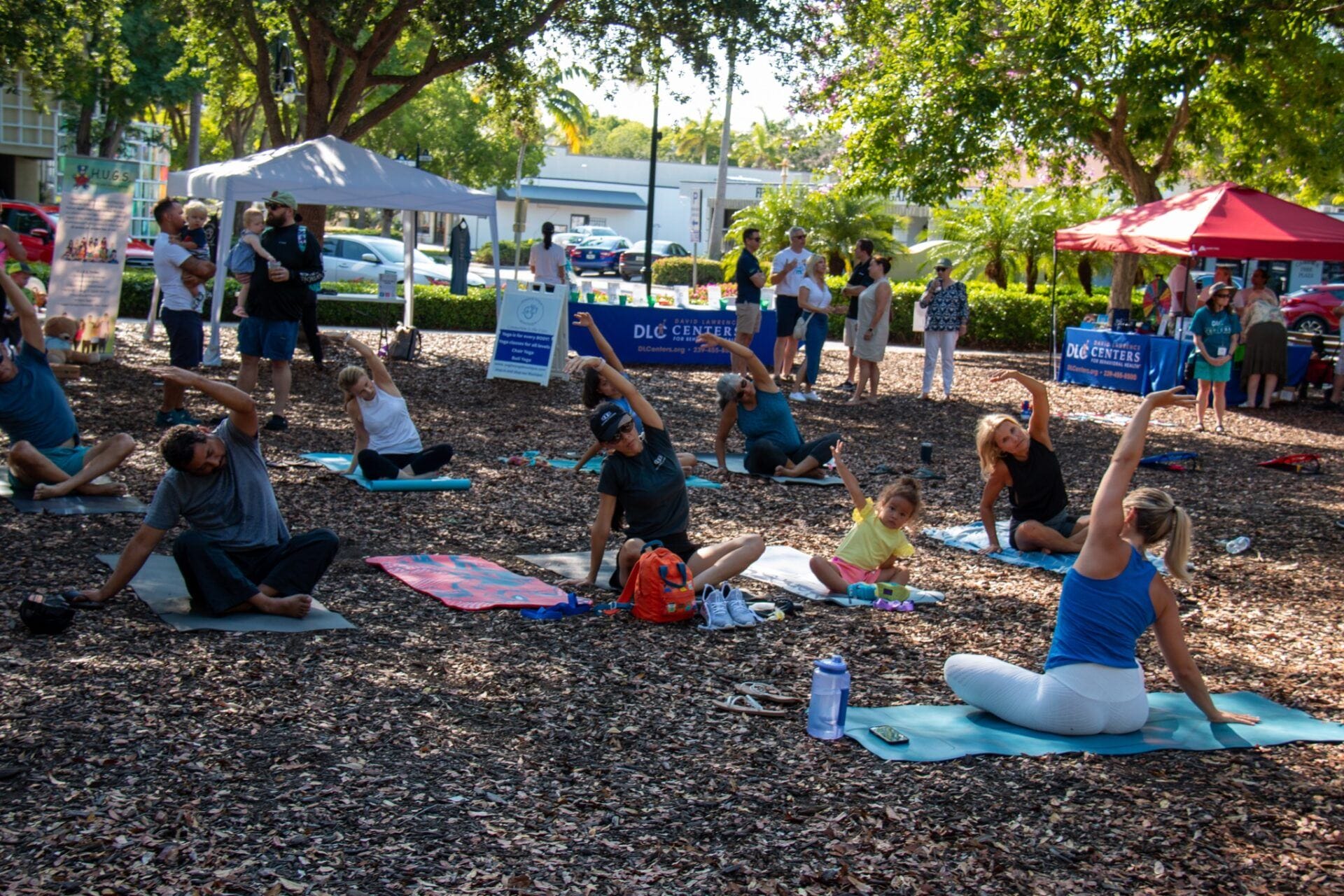
DEPRESSION AND AGING
The tragic loss of Robin Williams sparked a worldwide conversation about mental health, depression, suicide and aging.
Old age is often portrayed as a time of rest, reflection and opportunities o do things that were put off while raising families and pursuing careers. Unfortunately, the aging process is not always so idyllic. Late-life events such as chronic and debilitating medical disorders, loss of friends and loved ones and the inability to take part in once-cherished activities can take a heavy toll on an aging person’s emotional wellbeing.
An older adult may also sense a loss of control over his or her life due to limited financial resources or failing eyesight, hearing loss and other physical ailments such as Williams’ recent Parkinson’s disease diagnosis. These and other issues often give rise to negative emotions such as sadness, anxiety, loneliness and lowered self-esteem, which in turn lead to social withdrawal and apathy.
There is evidence that some natural body changes associated with aging may increase a person’s risk of experiencing epression. Recent studies suggest that lower concentrations of folate in the blood and nervous system may contribute to depression, mental impairment and dementia.
The feelings of hopelessness and isolation that often spur thoughts of suicide are more prevalent among older adults, especially those with disabilities or confined to nursing homes.
While aging is an inevitable part of life, depression need not be part of it. Researchers agree that early recognition,diagnosis and treatment can counteract and prevent depression’s emotional and physical consequences. A mental health professional can help friends and family members craft positive approaches for dealing with these issues.
Source: American Psychological Association
Oct 23, 2014 | Mental Health



